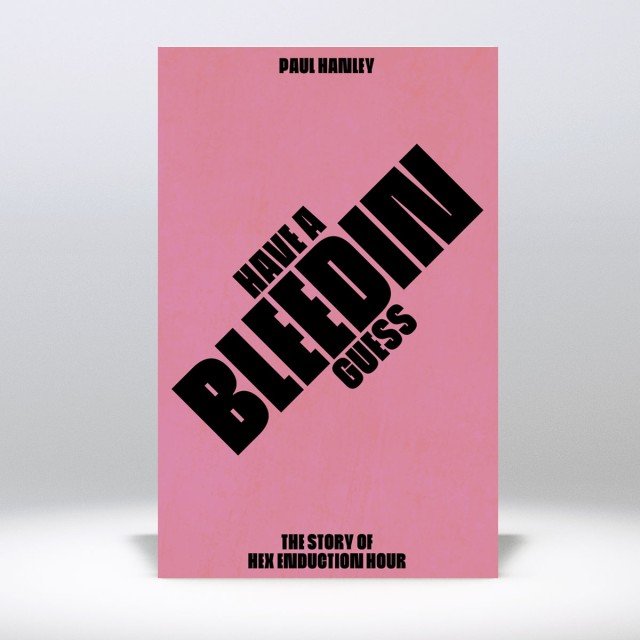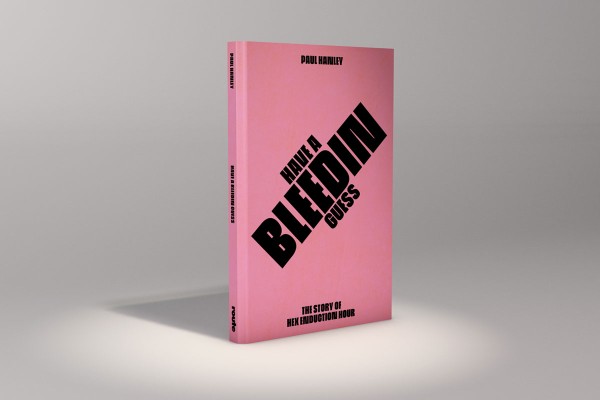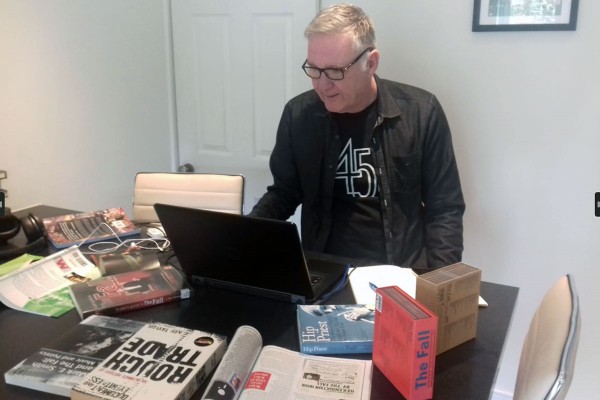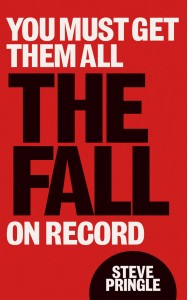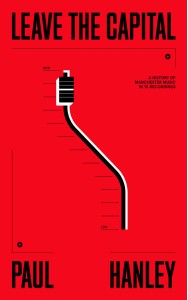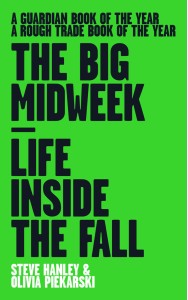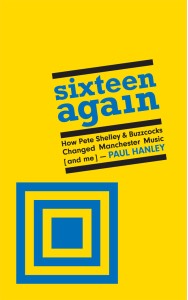Quietus Book of the Year
Northern Soul Book of the Year
The Australian Book of the Year
Even if it’s a fool’s errand trying to decide which is the greatest LP out of The Fall’s huge back catalogue of albums, many fanatics of the group will tell you that the worst thing you can say about Hex is that it’s their equal best at the very least. – John Doran, The Quietus
Of all The Fall’s myriad long-players, Hex Enduction Hour remains one of their most highly regarded. Even the circumstances of its recording, purportedly in an abandoned cinema and a cave formed from Icelandic lava, have achieved legendary status among their ever-loyal fanbase. HAVE A BLEEDIN GUESS tells the full story of the album, including how each song was written, performed and recorded. It also includes new interviews with key players.
Author Paul Hanley, who was one of The Fall’s two drummers when Hex was created, is uniquely placed to discuss the album’s impact, both when it was released and in the ensuing years.
Foreword by Stewart Lee
‘The Fall’s finest hour.’ – Sounds
Signed Paperback
By buying direct from Route, you are helping to support independent publishing. If you prefer other options, click here buy on Amazon
eBooks | Kindle Editon | Apple
